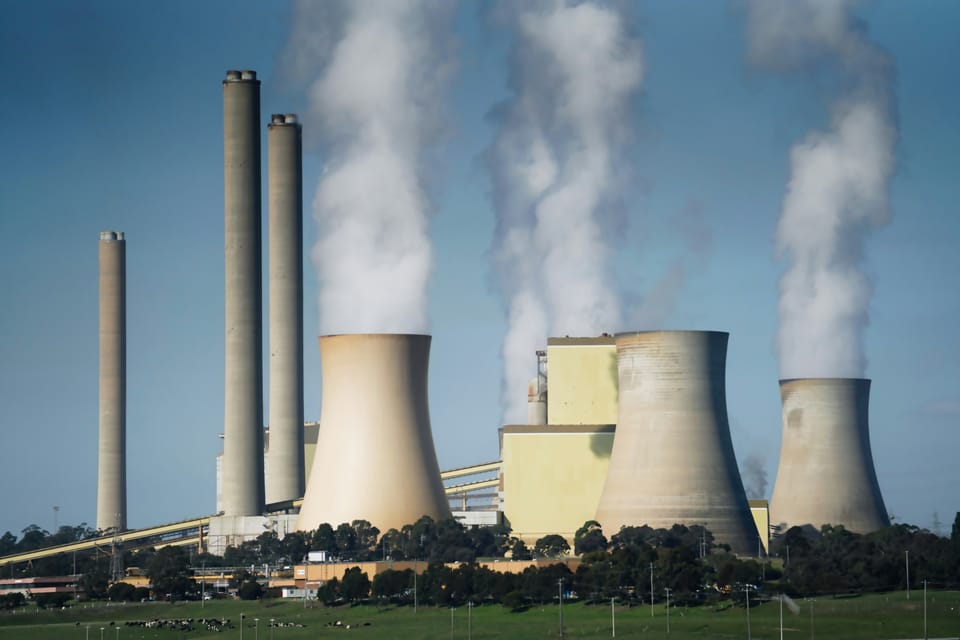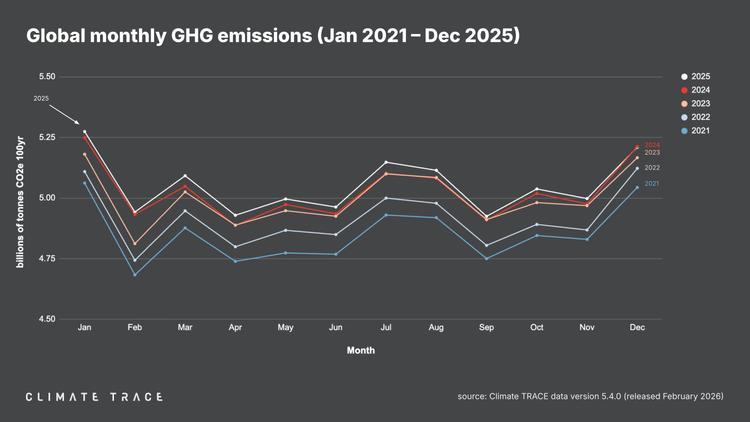US Senator presses Meta to justify plans to power new Louisiana data centre with gas
“I worry that this quest for profits over climate safety is misleading the public on Meta’s progress toward achieving net zero emissions.”

US Senator Sheldon Whitehouse is pressing Meta to provide evidence on why an unabated gas plant was the chosen solution to power its Louisiana data centre, arguing that the plan “flies in the face of [its] climate commitments”.
In a letter sent to Meta CEO Mark Zuckerberg, Senator Whitehouse, who is a member of the Senate Committee on Environment and Public Works, expresses concern over reports that Meta plans to power a new US$10 billion in northeastern Louisiana with “new and unabated natural gas generation”.







